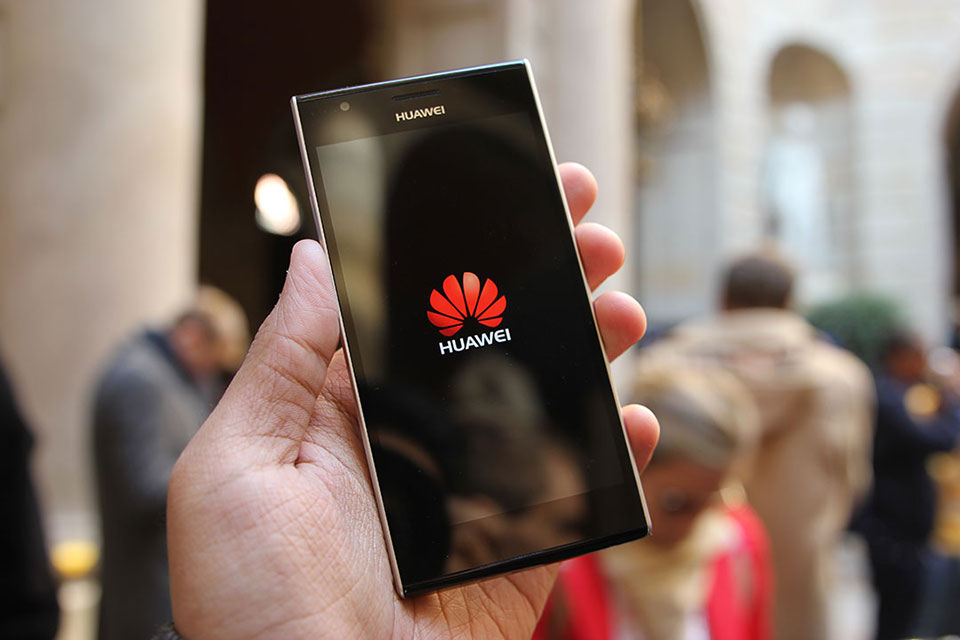There’s more misery ahead for Huawei, which just saw AT&T pull out of a deal to carry its first smartphone, and fellow Chinese tech firm ZTE.
The duo are well known for their growing smartphone businesses worldwide, but it is their more established telecom networking and equipment units that are again under fire in Washington. A new bill introduced to Congress proposes a ban preventing branches of the U.S. government from working with service providers that use any equipment from either company for security reasons.
The bill is sponsored by Texas-based Republican Michael Conaway, who is leading the investigation into Russia’s alleged election interference. It builds on past action against Huawei (the world’s top seller of telecom equipment) and ZTE (ranked fifth), which included a ban on ZTE selling products to the U.S. government agencies in 2013. A further proposal lodged last year aimed to restrict the Pentagon from buying equipment from Chinese or Russian telecommunications companies.
Now things could go a step further and remove any potential for Huawei and ZTE technology to come into contact with the U.S. government through the long chain of contract companies and vendors who work with the state.
It proposes to outlaw engaging with third-party entities that use any of the following:
- Telecommunications equipment produced by Huawei Technologies Company or ZTE Corporation (or any subsidiary or affiliate of such entities).
- Telecommunications services provided by such entities or using such equipment.
- Telecommunications equipment or services produced or provided by an entity that the head of the relevant agency reasonably believes to be an entity owned or controlled by, or otherwise connected to, the government of a covered foreign country.
TechCrunch contacted ZTE and Huawei for comment but we had not heard back from either company at the time of writing.
Conaway’s bill cites all the money quotes from past government reports, including the 2011 Congressional investigation that led to the 2012 bill, a U.S. China Commission that found ZTE, Huawei and others are “directly subject to direction by the Chinese Communist Party,” and comments from former CIA head General Michael Hayden who claimed Huawei had ‘”shared with the Chinese state intimate and extensive knowledge of foreign telecommunications systems it is involved with.”
A disclosure made last year showed that ZTE had used a contractor to sell to the Pentagon and Department of Homeland Security, but beyond that no confirmed links have been reported.
The proposal was introduced on January 9. To make it to the House floor for a vote it will first need to be approved by the Committee on Oversight and Government Reform to which it has been referred. If these steps are completed, it would then be passed to the Senate and, if then approved, on to the President for final sign-off before becoming law.
So this is the start of a long process, but, regardless of how far this piece of proposed legislation gets, it is another clear signal of Washington’s increased rejection of ZTE and Huawei, which are two of China’s most successful international tech exports.
Last year, ZTE was hit with a fine of over $1 billion after admitting it had violated U.S.-Iran sanctions by shipping product from the U.S. to Iran and then lying about its actions when pressed by federal investigators.
The U.S. Commerce Department is also looking into Huawei’s business dealings in Syria, Cuba, Iran and Sudan.
Hat tip @paulmozur































Comment